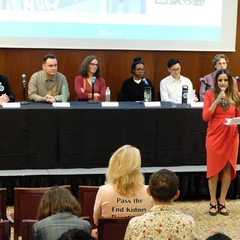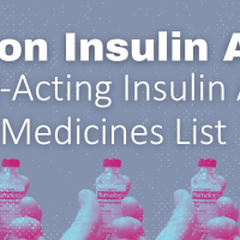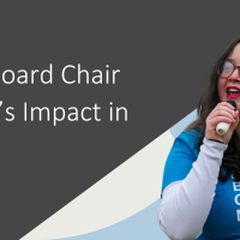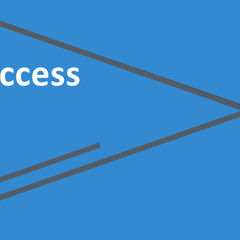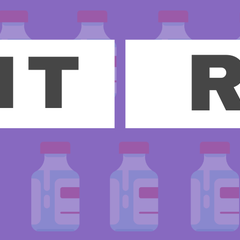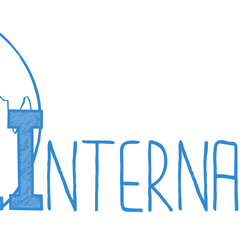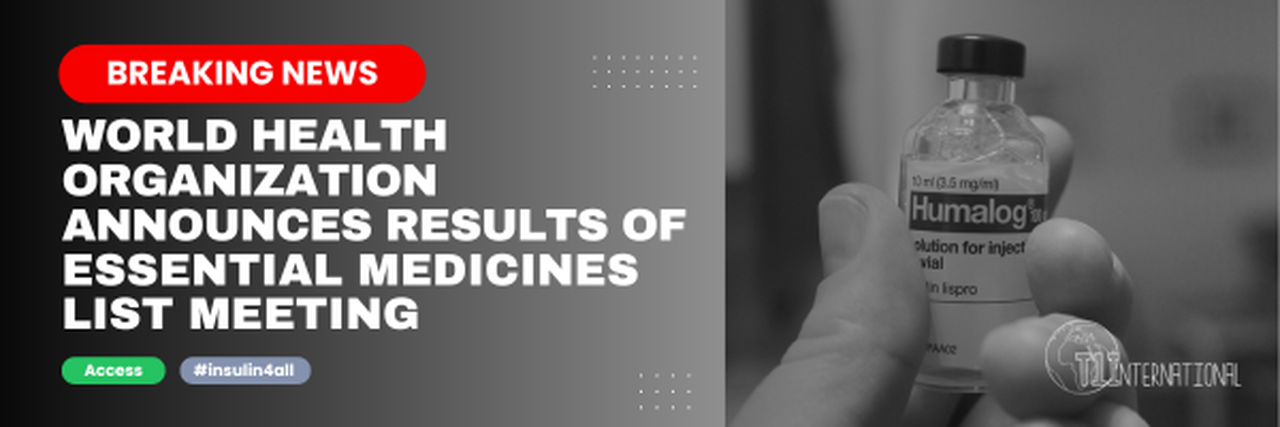
World Health Organization Approves Rapid-Acting Insulin Analogues to the 24th EML
5 Sep 2025, 2:56 p.m. in Global Stories, News & Statements by T1International
T1International celebrates the World Health Organization’s (WHO) decision to include rapid-acting insulin analogues to the Model List of Essential Medicines (EML) and the Essential Medicines list for Children (EMLc).
“Today’s decision sends a clear message: people with diabetes deserve access to the best available care, no matter where they live,” said Chris Toavs, a person living with type 1 diabetes in Montana in the United States, the Global Advocacy Manager at T1International, and lead author of T1International’s application to the WHO. “This milestone marks a major step toward equitable access to modern diabetes care for millions of people living with diabetes, especially in low- and middle-income countries, where access to life-saving insulin remains limited.”
Rapid-acting insulin analogues (like Novolog, aspart, Humalog, lispro, Fiasp, and more) offer critical advantages to those relying on insulin therapy: they mimic natural insulin secretion, reduce dangerous hypoglycemia, improve post meal blood sugar control, and make self-management more realistic. When used with long-acting insulin, they form the cornerstone of the modern basal-bolus regimen.
Ali Hisham, a person living with diabetes and T1International’s Middle East and North Africa Regional Advocacy Consultant pursued a Master’s degree in the United Kingdom. Upon returning to his home country of Egypt, he experienced a “bitter realization: I no longer had free access to insulin. In Egypt, the costs of short-acting insulin are exorbitantly high.”
“This double standard of diabetes care, where high quality insulins are free in high income countries and unaffordable here in Egypt, is unjust,” he stated.
“Insulin is a vital resource to those who depend on it,” added Leira Mendez-Soto, a person living with diabetes in the United States and an #insulin4all advocate. “The lack of access to rapid-acting insulin prevents diabetes from having fair treatment options to manage their diabetes and is denying them of their right to a fair quality of life.”
In November 2024, T1International submitted an application calling for the inclusion of rapid-acting insulin analogues to the Essential Medicines List. This spring, T1International delivered a petition and 35 different individuals and organizations submitted letters of support calling for the WHO to listen to patients and recognize all forms of insulin as essential.
Insulin analogues have historically been excluded from the list due to their high cost, even though evidence shows that when drugs are added to the Essential Medicines List, it brings cost down and increases access. Long-acting insulin analogues were just recently added in 2021, appearing in the 23rd iteration of the Essential Medicines List, after two rejections.
“As a person living with diabetes, I know firsthand that rapid-acting insulin analogues are life-changing,” said Janice Barnes, a person living with diabetes in South Africa, T1International global advocate, and South Africa’s #insulin4all Chapter leader. “When different options of insulin finally became available to me, my whole life changed. I felt slightly normal for the first time. Initially I was skeptical and kept wondering when I would end up back in hospital, but it was only after a year on new insulin that I realized that this change was for real. In low-and-middle-income countries we barely have a choice, we just have to accept the only, and often, the cheapest option. For me, the ability to choose gave me some freedom and time to live my life.”
“This is a win for evidence, equity, and patient choice,” said Shaina Kasper, a person living with type 1 diabetes, the Executive Director of T1International. “Now we commit to ensuring this listing translates into action on the ground and urge countries and policymakers to do the same. We must make rapid-acting insulin analogues accessible and affordable to all who need them.”
More data, information, and ways to get involved can be found at: https://www.t1international.com/EML2025/




